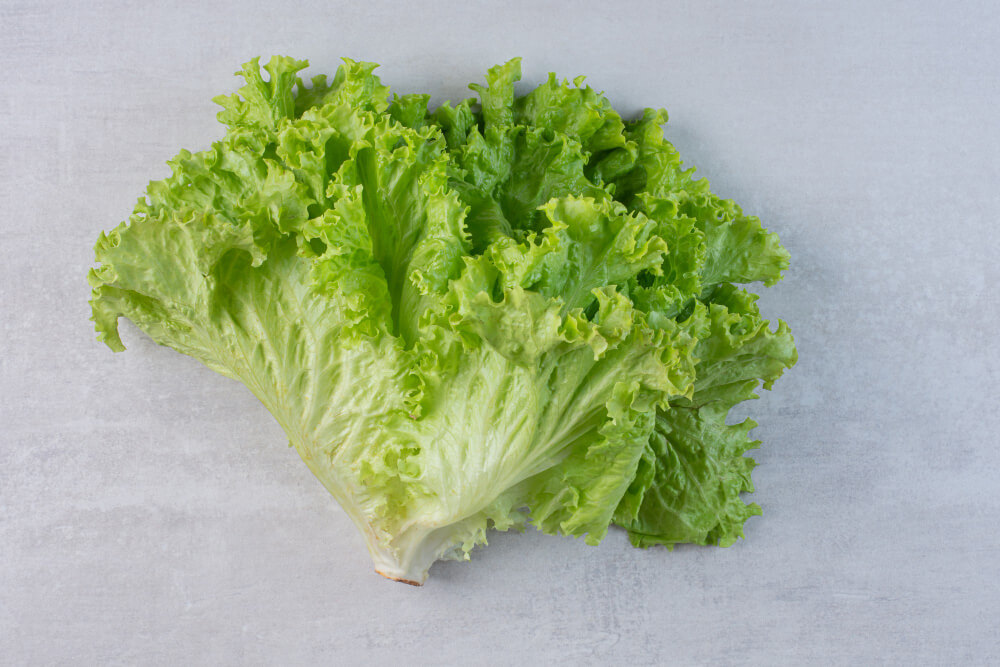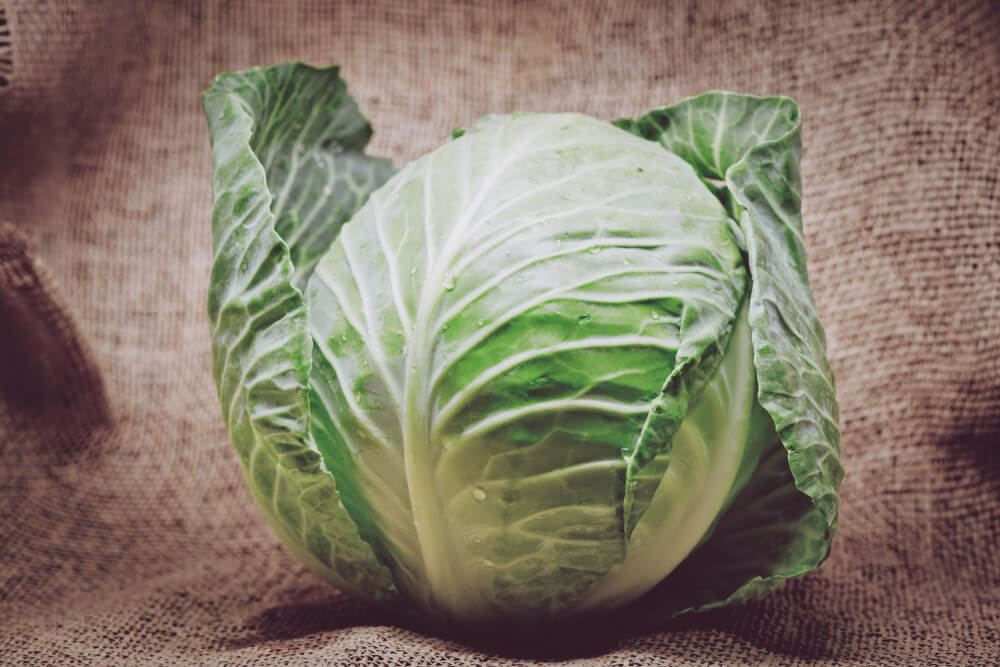How periods affect desire

When it comes to the menstrual cycle, most conversations center around symptoms like cramps, bloating, or mood swings. But there's another important — and often overlooked — topic to explore: how your period affects your sexual desire.
Hormonal changes throughout your cycle don’t just influence your mood or physical comfort — they can also significantly impact your libido. Understanding these shifts is key to feeling more in control of your body and empowered in your relationships.
The Menstrual Cycle and Hormones: A Quick Refresher
The menstrual cycle typically lasts 28 to 32 days and is divided into four main phases:
-
Menstrual Phase (Days 1–5): Your period begins. Hormone levels (estrogen and progesterone) are at their lowest.
-
Follicular Phase (Days 1–13): Estrogen levels begin to rise, preparing your body for ovulation.
-
Ovulation (Day 14): Estrogen peaks and you may experience a surge in libido.
-
Luteal Phase (Days 15–28): Progesterone rises; some people experience PMS symptoms, and libido may dip.
Each phase has a different hormonal makeup, which naturally affects your emotional state, energy levels, and yes — your desire for intimacy.
How Your Cycle Affects Your Sexual Desire
1. Menstrual Phase: The Low Desire Zone (But Not for Everyone)
During your period, hormone levels drop significantly. For many, this translates to low energy, cramps, and a general “leave me alone” feeling. It's normal for libido to dip. But it’s also completely normal if your desire increases — some people report heightened sensitivity and pleasure during their period. As long as you're comfortable and practice good hygiene, period sex is perfectly safe and can even relieve cramps for some.
Quick tip: If you're interested in intimacy during your period, communicate openly with your partner and explore what feels good for you both.
2. Follicular Phase: The Build-Up
As your period ends, estrogen begins to climb. This hormone boosts energy, mood, and cognitive function. It's also associated with increased sexual desire. You may feel more playful, flirty, and physically active — all thanks to estrogen’s feel-good effects.
Quick tip: This is a great time to reconnect with your partner or explore solo intimacy, as your body is naturally ramping up.
3. Ovulation: Peak Desire
Ovulation is the biological “sweet spot” for libido. Estrogen peaks and testosterone (yes, women have it too!) gets a boost. This combo can trigger a noticeable spike in sexual desire. Nature’s way of boosting your chances of conception? Perhaps — but it’s also an empowering moment to tap into your body’s sensuality.
Quick tip: Embrace this phase to explore what brings you joy and connection. Whether it’s more romantic date nights or intimate moments, follow your body’s lead.
4. Luteal Phase: Mixed Signals
Progesterone rises in this phase, and with it comes a mixed bag of emotions. Some experience increased intimacy needs, craving closeness and emotional connection. Others may feel bloated, irritable, or fatigued, which can lower libido. PMS symptoms can vary widely, and so does sexual desire.
Quick tip: Be kind to yourself. If you're not in the mood, that's okay. If you are, focus on gentle, affirming forms of intimacy that prioritize comfort.
What If Your Desire Feels “Off”?
It’s important to remember that desire is deeply personal. While hormones play a big role, so do stress, relationship dynamics, mental health, medications, and body image. If you're feeling consistently disconnected from your libido and it’s affecting your well-being, consider talking to a healthcare provider or therapist.
Honoring Your Cycle = Honoring Yourself
Your sexual desire is not a fixed trait — it’s a natural rhythm that moves with your body. By tracking your cycle, tuning into your phases, and making space for your changing needs, you empower yourself to live more fully — emotionally, physically, and intimately.
Remember: desire is not just about sex. It’s about connection, closeness, self-awareness, and feeling alive in your own skin. And your cycle is a powerful tool for understanding that desire better.
Ready to Track Your Cycle?
Use a journal or app to start noting not just your period dates, but also your mood, energy, and libido throughout the month. Patterns will emerge — and with them, insights into your unique rhythm.
Conclusion
Periods don’t “kill” desire — they shape it. Understanding how your menstrual cycle affects your libido is the first step toward living more harmoniously with your body. Whether you’re exploring intimacy with a partner or yourself, the key is to honor what feels right for you, every step of the way.
Related Articles

When nausea is too much (see your doctor)

Practicing gratitude or affirmations

Getting expert advice if needed

Building a support circle

Over-the-counter pain relief: what's safe

Baby development at 36 weeks

Choosing the right menstrual product

Baby development at 30 weeks